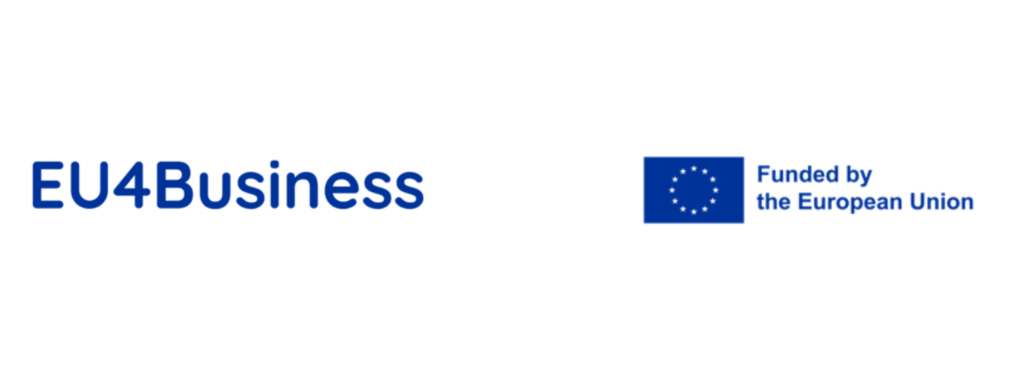Boosting sustainable economic development and supporting job creation is at the heart of European Union (EU)’s contribution to stabilising its neighbours. This implies helping Small and Medium Size Enterprises (SMEs) – the backbone of the economy – to grow by attracting investments in new sectors, increasing trade opportunities and supporting access to new markets. That is an essential criterion to create more stability in the region, and establish closer relations with the EU.
The Eastern Partnership (EaP) is a joint-policy initiative initially comprising six countries: Armenia, Azerbaijan, Belarus*, Georgia, the Republic of Moldova and Ukraine. All these countries are situated in proximity to the EU, as well as to two other large markets: Russia and Turkey.
SMEs are not only key to sustainable economic development, but also an important factor in the consolidation of open societies. Across the EaP region, SMEs account for over 99% of private companies and play an important role as key engines of sustainable economic growth and higher-quality job creation. A business enabling environment and a large SME sector prevent economies from becoming governed by few entities and thus impede concentration of power in the hands of oligarchs, hindering a country’s development in both economic and political terms.
In the past years, the EaP countries have achieved significant progress in reforming their economies and integrating into the global marketplace. Since 2010, overall business climate in the EaP has improved, and EaP countries as a whole made substantial efforts to encourage the growth of their SMEs.
Various initiatives, reforms, and programmes have been implemented in the EaP with the support of the EU, international organisations and governments to enhance the business environment, simplify regulations, and support entrepreneurship.
EU4Business: Connecting Companies (EU4BCC) is a project funded under the EU4Business initiative of the EU. The project aims to support sustainable economic development and job creation in the EaP by assisting SMEs in expanding their trade volumes, attracting inward investments, and fostering business links with companies in the EU.
Launched in December 2019, EU4BCC is committed to its mission until December 2023, actively working towards empowering SMEs and bolstering economic ties between the EaP and the EU.
For further details about the EU4BCC project, please refer to the “About EU4BCC” section.
* In line with the Council Conclusions of 12 October 2020 and in light of Belarus’ involvement in the Russian military aggression against Ukraine, recognised in the European Council Conclusions of February 2022, the EU has stopped engaging with representatives of Belarus public bodies and state-owned enterprises. Should there be a change of the context, this may be reconsidered. In the meantime, the EU continues to engage with and, where possible, has stepped up support to non-state, local and regional actors, including within the framework of this project.

